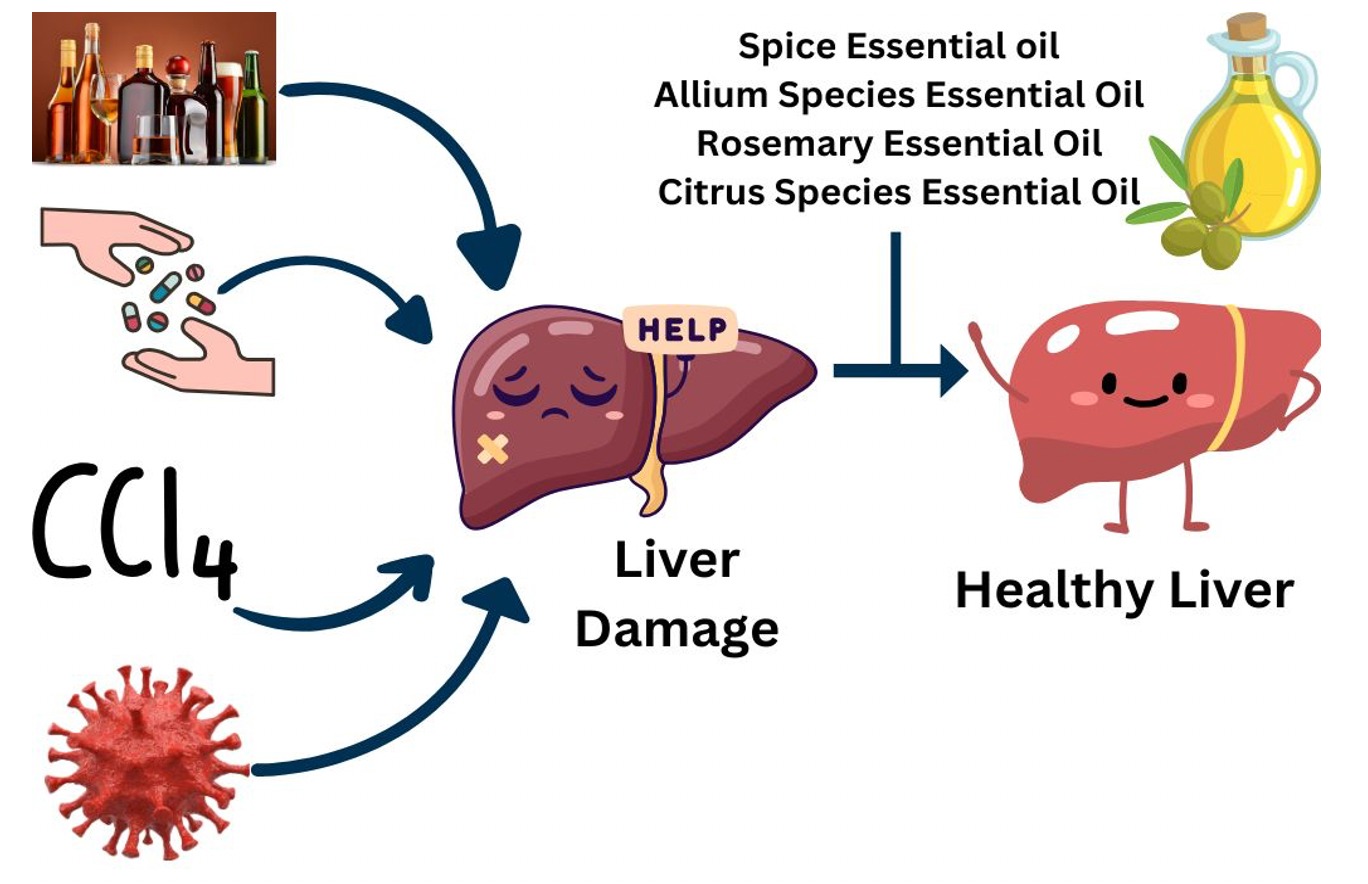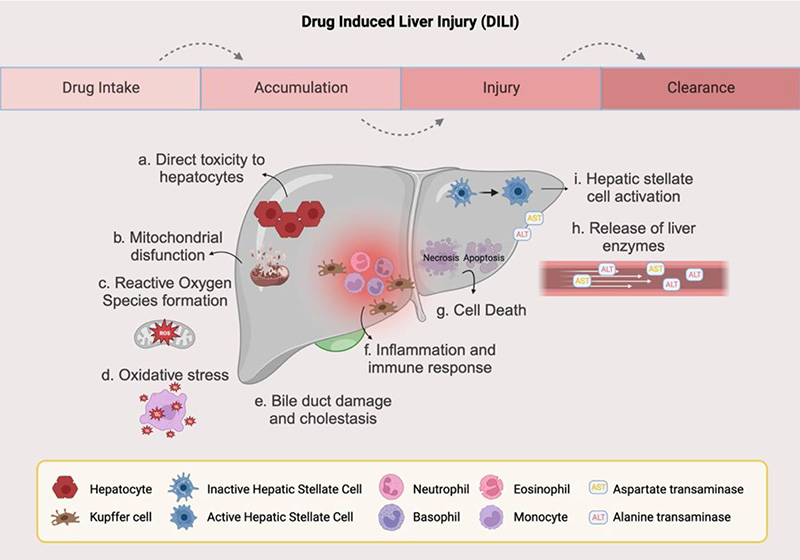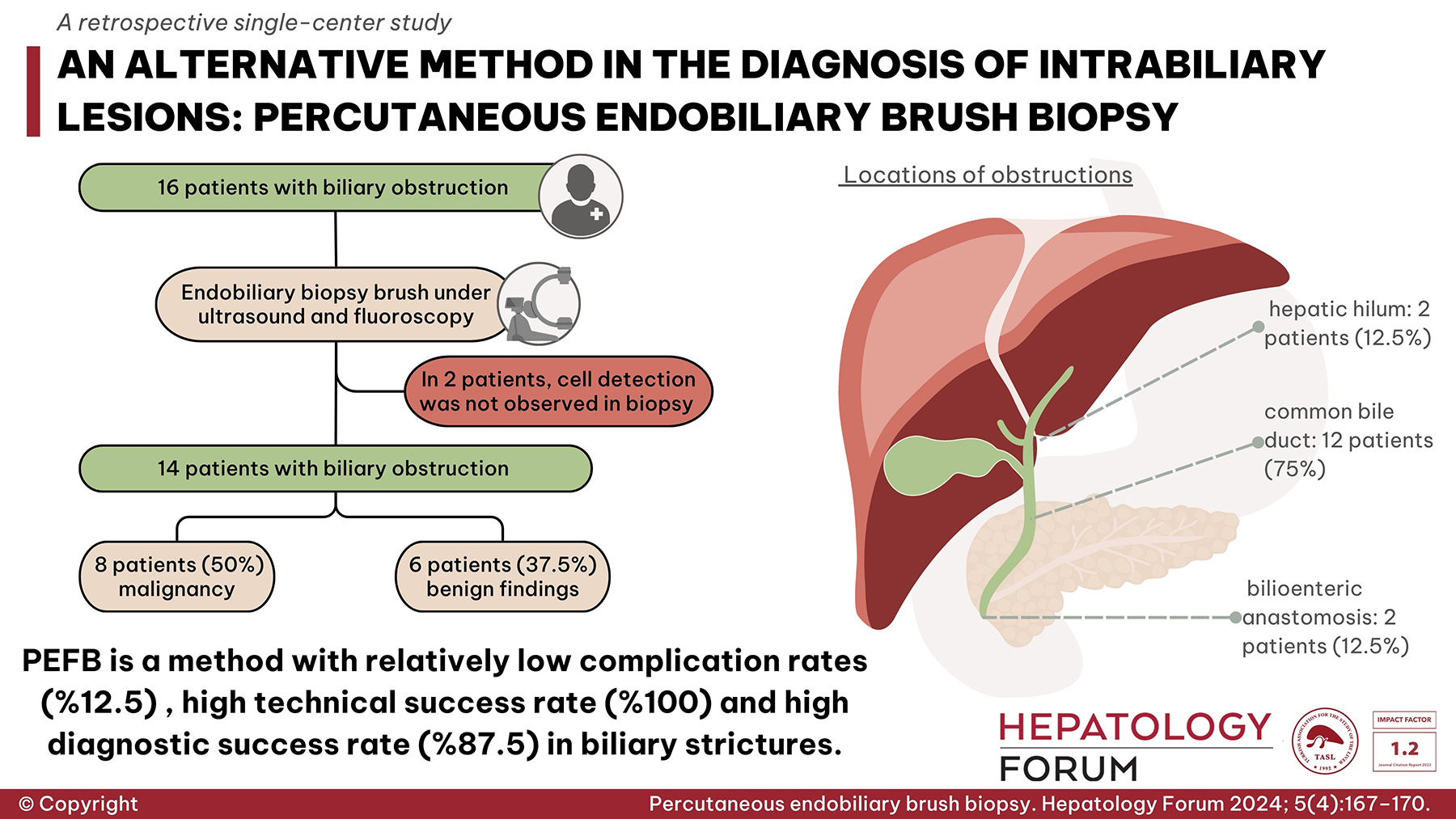2Department of Gastroenterology, Karadeniz Technical University School of Medicine, Trabzon, Turkiye
3Department of Gastroenterology, School of Medicine, Gazi University, Ankara, Turkiye
4Department of Gastroenterology, School of Medicine, Mustafa Kemal University, Hatay, Turkiye
5Department of Gastroenterology, School of Medicine, Gaziantep University, Gaziantep, Turkiye
6Department of Gastroenterology, School of Medicine, Ankara University, Ankara, Turkiye
7Department of Gastroenterology, School of Medicine, Akdeniz University, Antalya, Turkiye
8Department of Gastroenterology School of Medicine, Acibadem Mehmet Ali Aydinlar University, Istanbul, Turkiye
9Department of Gastroenterology, School of Medicine, Mersin University, Mersin, Turkiye
10Department of Gastroenterology, School of Medicine, Hacettepe University, Ankara, Turkiye
11Department of Gastroenterology, School of Medicine, Baskent University, Ankara, Turkiye
12Department of Gastroenterology, Health Sciences University, Umraniye Training and Research Hospital, Istanbul, Turkiye
13Department of Gastroenterology, Ankara City Hospital, Ankara, Turkiye
Abstract
Background and Aim: This study aimed to determine the efficacy and safety of tenofovir alafenamide fumarate (TAF) prophylaxis in hepatitis B virus (HBV)-infected or HBV-experienced individuals with benign and malignant diseases receiving chemo/immunosuppressive or biological modifier therapy.
Material and Methods: This is a multicenter, observational study in which data from 13 centers were reviewed and entered into a standardized electronic case report form.
Results: A total of 158 individuals who received TAF prophylaxis were included in the analysis. Before starting prophylaxis, 51 individuals were hepatitis B surface antigen positive, while 107 were HBV-experienced. Thirty patients had detectable HBV DNA levels. Twelve of them had abnormal serum alanine aminotransferase levels. Forty patients were switched to TAF. Solid tumors (34%) were the most common primary disease types. The median follow-up period was 17.2 months. From baseline to the end of the follow-up period, none of the patients had clinical, biochemical, or serological evidence of HBV reactivation under TAF prophylaxis. The virological response rate was 87%. HBV suppression was well maintained in the 40 patients who were switched to TAF treatment. All patients maintained their chemo/immunosuppressive therapy without interruption. TAF prophylaxis was well tolerated. No drug discontinuation due to adverse effects was observed. No HBV-related morbidity or mortality was reported during TAF prophylaxis. No significant differences were found in glomerular filtration rate change or hypophosphatemia during TAF prophylaxis, but serum triglyceride levels were significantly increased (p=0.019).
Conclusion: TAF prophylaxis is effective, safe, and tolerable in preventing chemo/immunosuppressive or biological modifier-induced HBV reactivation in HBV-infected or HBV-experienced individuals.





 Feyza Dilber1
Feyza Dilber1 









